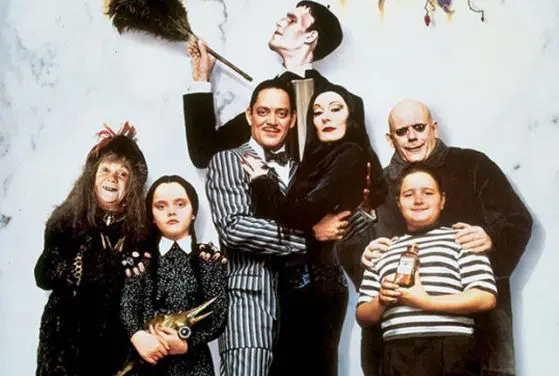We look for partners who are similar to us, even at the gene level, without realizing it, a new study has found.
These mating preferences are statistically significant and play a role in shaping the human genome, summarize the authors cited by Science.
The full text of the report is published in the journal Science Human Behavior.
A team from the University of Queensland, Australia, claims that you are most likely to marry someone who is very similar to you. Someone of similar height, weight, someone of similar intelligence. And this doesn’t happen because “curly donkeys sniff each other out”, as the saying goes, it happens because we actively seek out friends with a genetic heritage similar to our own.
Genetic similarity
Researchers analyze databases of physical and genetic characteristics of people. They sample more than 24,000 married couples of European origin. For each couple, genetic markers for various traits, including height and body mass index (BMI), were isolated for one partner. Using this information, scientists then try to predict the same characteristic of the other partner. If one person’s genetic material predisposes him to be tall, for example, his partner is expected to be tall as well. The purpose of the study is to find correlations in these traits. The final step is to compare these predicted characteristics with the real situation.
The team found a strong statistical correlation between a person’s genetic height markers and their partner’s actual height. The scientists also identified a weaker but still statistically significant correlation between the genes regulating BMI and the partners’ actual BMI.
The correlation is much stronger than we would expect to see if mating were random. These findings are evidence that people actively seek partners with a genetic makeup similar to their own, the team reports.
Choosing mates based on similar traits is a pattern of sexual selection known as “assortative mating.” This allows people to pass these traits on to their offspring. In fact, this practice increases relatedness in family groups and helps offspring survive better—provided that this trait is beneficial in their environment. This is also observed in animal populations.
The team also found evidence of assortative mating and other traits in 7,780 pairs in the UK database. They report “extremely high correlation” for genetic markers associated with education. It’s unlikely that people chose their friends based on the years they spent in school, meaning they were more likely to choose based on similar interests – which is often associated with level of education, said team member Matthew Robinson. ), a postdoctoral fellow in the Genetics Laboratory at the University of Queensland in Brisbane.
Assortative mating affects the genomic structure of people’s traits,” Robinson added. As such, the findings are useful for creating more accurate genetic models to predict the likelihood that family members will inherit diseases or physical traits.







